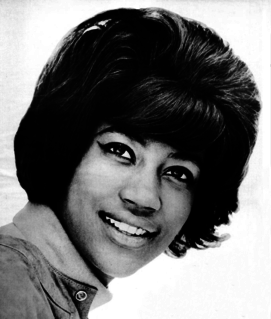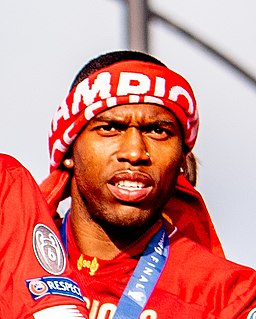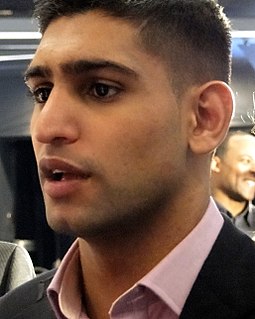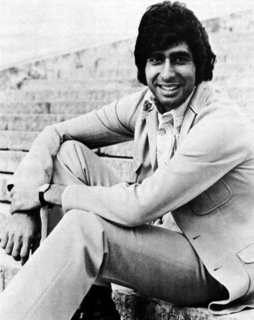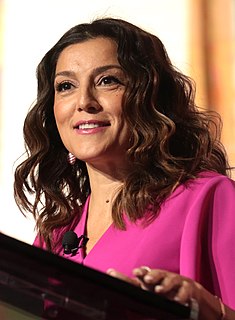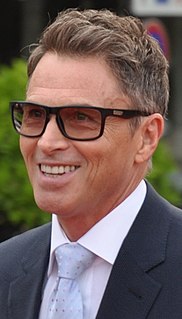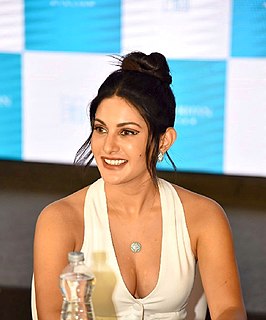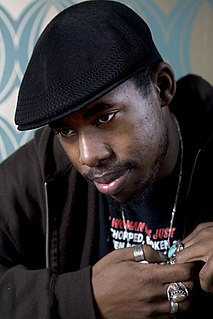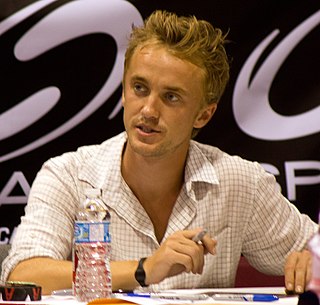A Quote by Kim Weston
Growing up, I didn't give my grandfather's photography a second thought. I wasn't involved in his work, except that I helped my dad print his negatives.
Related Quotes
We're different men [with Donald Trump], different life experiences. But I've always been struck by our common heritage. His grandfather immigrated to this country just like my grandfather. His dad was a self-made businessman, who built up a business with his two hands. And my dad followed his dreams to Columbus, Indiana, helped build a small business in that town.
My dad was a scientist. More than that: my dad grew up in a tiny terraced house in Swansea, the only child of a second-generation immigrant family - his father sold cloth, zips and buttons from door to door - and so science - biochemistry at Swansea University, followed by a PhD at Imperial College - was his way out, his way up.
My dad was a professional footballer before I was alive. When I was growing up, he was the one who coached and mentored me and helped me to become what I am today. Without his coaching and without his insight and the days and the hours that he put in with me, I wouldn't be the player that I am today.
My grandfather on my dad's side was the first in our family to settle in the U.K. He came from Pakistan on his own in the '60s and worked in a cotton mill in Bolton, earning enough to bring over the rest of his family. My dad, Shah, was only about eight when he came to this country. Like most immigrants, he has a fierce work ethic.
I remember the day before my dad died, I was in a hospital room with him, and he had lived a long life. He was 94, and I helped him get up, and there were two windows separated by the partition. I took him to the first window, and he kind of found his way to the second window, and on the way there was a mirror, and he looked into it, and I saw through the corner of my eye, I remember the look on his face. What came over his face was "So I'm here. I've crossed that bridge."
Of course, it may be that the arts of writing and photography are antithetical. The hope and aim of a word-handler is that he maycommunicate a thought or an impression to his reader without the reader's realizing that he has been dragged through a series of hazardous or grotesque syntactical situations. In photography the goal seems to be to prove beyond a doubt that the cameraman, in his great moment of creation, was either hanging by his heels from the rafters or was wedged under the floor with his lens in a knothole.
I know my grandfather drank occasionally socially, what we call "taking a sip." And my father never touched the bottle. He condemned my grandfather for doing that, and his punishment to his father was when my grandfather came to visit him from Georgia, he would not allow my grandfather to preach in his church.Even though my classmates very often drank alcohol in my presence and they would try and get me to join in, I felt, no, I didn't need that.
Growing up after the Second World War in a Jewish family, I really understand that, and have members of my family who are very committed to this concept. My grandfather's first name was Israel and he thought it was his country. In my own sense of this issue as an American Jew, I have been on both sides of this. At this point I think it is very important for there to be separation of religion and state. It's not good for Jews. It's not good for Muslims. It's not good for Christians. The marriage of state and religion is inherently problematic.
